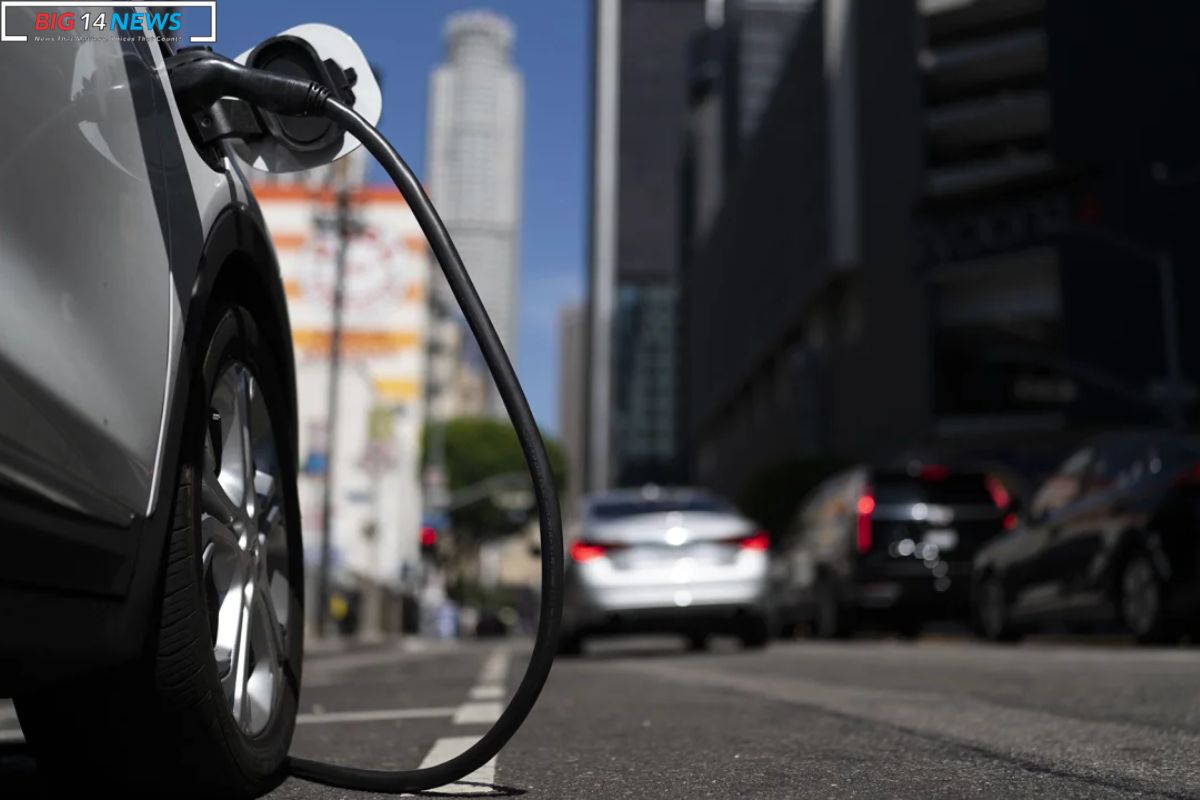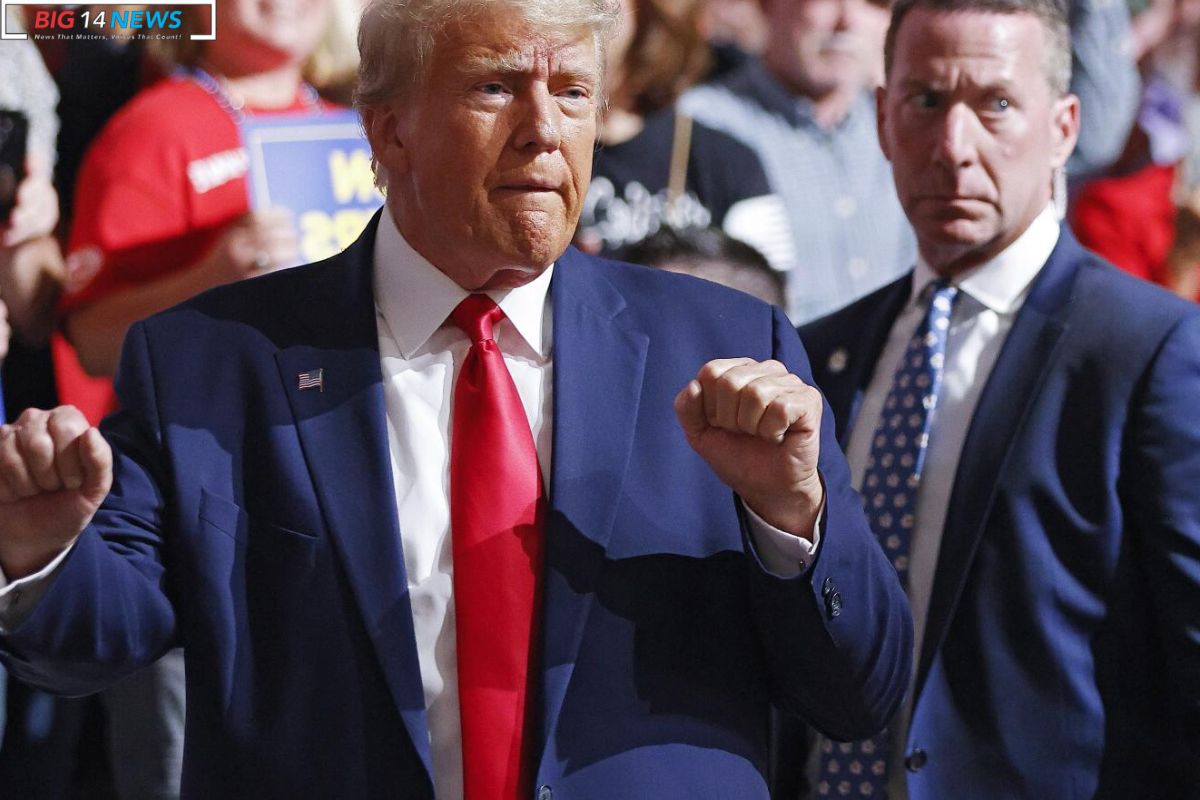Trump Impact on Electric Cars: Over $100 billion was spent on electric cars, the auto business booming, and 100,000 US jobs created. A second term for Trump may hinder the green movement.
Despite his recent comments on the high cost and limited range of electric vehicles (EVs), former President Donald Trump faces increasing demand for EVs due to declining prices, a more comprehensive selection of models, and significant investments from both the government and automakers.
Even so, EVs accounted for 7.2% of the market last quarter, a slight increase from 5.7% the previous year. Manufacturers invested heavily in EV technology, but the slow rise only partially justifies the investments.
Automakers rely on Biden government incentives, such as tax rebates and fuel efficiency regulations. With these funds, which Trump threatens to take away, automakers may be able to meet EV goals.
The industry worries about policy changes every four to eight years.
Despite Trump’s uncertainty about EVs, over half of the new clean energy projects are in GOP-run districts. This is why GOP lawmakers support these investments.
Thanks to companies like Rivian, Hyundai, and Kia, EV-related jobs in Georgia have grown significantly. Brian Kemp, Georgia’s Republican governor, aims to make his state the “electric mobility capital” of the US.
Established automakers spent over $120 billion on EVs and created 143,000 new jobs in the past eight years. Many states have battery plants for American and foreign cars.


ALSO READ: Donald Trump Faces Civil Fraud Lawsuit Over Alleged $2.2 Billion: Net Worth Inflation
General Motors and Ford, long-time car manufacturers, are focusing on electric vehicles due to consumer demand, laws, and financial issues. Ford aims to sell 50% electric cars by 2030, while General Motors plans to end sales of internal combustion engine cars by 2035.
The Biden administration’s plan to reduce EV costs and increase US production involves government loans, tax breaks, and charging infrastructure funding.
US automakers lag behind China and Tesla in making EVs, so they require incentives to remain competitive.
By opposing pollution rules, a Trump presidency could hinder EV growth, halt the EV trend, and eliminate jobs. Trump’s EV doubts and “hoax” claims may harm US automaker investments, benefiting foreign companies.
In the UK, automakers preparing to transition to electric cars criticize the government’s delay in banning new gas and diesel vehicles. Based on these results, future government changes may impact the auto business negatively.
Also Read: Texas High School Football Showdown: Pearsall Seeks Redemption Against Stockdale
Our Reader’s Queries
What was the problem with electric cars?
The primary concerns mentioned by EV owners were related to the battery and charging systems, along with issues with the fit and finish of the body panels and interior components.
Why is government pushing electric cars?
The country stands to gain from the widespread use of electric vehicles (EVs), a key component of the Federal Government’s plan to reduce transportation-related emissions and combat climate change. This includes funding for efficient public transit, bike lanes, and pedestrian pathways, offering people diverse options for getting around.
What is the downfall of owning an electric car?
Challenges such as locating charging stations, long charging times, steep upfront expenses, restricted driving distance, and the potentially costly replacement of battery packs are among the drawbacks.
Why electric cars won’t save us?
Running an electric vehicle infrastructure demands a substantial amount of resources. In fact, EVs need six times more mineral input, by weight, than traditional vehicles. These minerals include aluminum, nickel, cobalt, manganese, and lithium.

